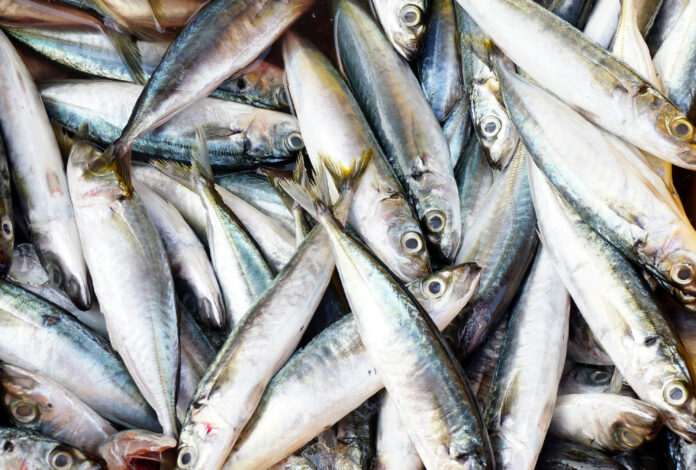Sardines that recently rushed ashore in Saranggani province and collected by residents are safe to eat and excess supply may even be preserved or stored for future consumption, the Bureau of Fisheries and Aquatic Resources said Monday.
“As long as they are fresh, the pelagic sardines can be consumed by local communities while the surplus can be preserved through salting and drying,” BFAR director Demosthenes Escoto said in a report to Agriculture Secretary Francisco Tiu Laurel Jr.
Video recordings showed residents congregating on the beach of Maasim, a coastal town in Saranggani, to collect thousands of sardines, have gone viral on social media. Some worried netizens suggested the massive beaching could be a harbinger of an impending disaster.
BFAR explained that the event is a natural phenomenon caused by a sudden change in water temperature and a shift in wave direction due to the Northeast monsoon or Amihan.
“This weather condition may have caused the movement of surface water and triggered the upswelling of colder, nutrient-rich waters where planktons—essential for sustenance of pelagic sardines—thrive. Recent days may have seen an intensification of these factors and led to the beaching of sardines in the coastal vicinity of Maasim town,” the BFAR report said.
BFAR said it is diligently monitoring the situation and will furnish additional reports as necessary.







